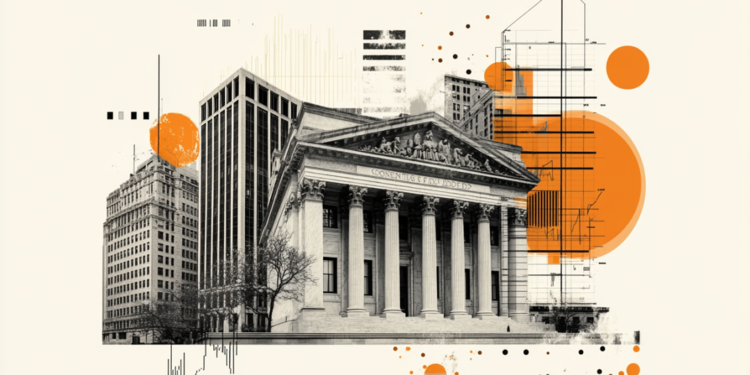Chief economist of the European Central Bank (ECB), Philip Lane, said this Tuesday (11) that, in the next meetings, the institution intends to raise interest rates to levels that ensure the timely return of inflation to the medium-term target. of 2%.
“We are fully aware that more ground is needed in upcoming meetings to get out of the highly accommodative level. We hope to raise interest rates further to dampen demand and protect against the risks of a persistent rise in inflation expectations,” he said, speaking at the conference organized by Société Générale.
Furthermore, according to Lane, when calibrating future monetary policy decisions, it will be essential to closely monitor the impact on the different phases of the transmission mechanism.
In order to identify the appropriate level of interest rate hikes, he also highlights that a number of factors must be considered, as changes in interest rates directly affect the liquidity and strength of companies’ balance sheets.
“In one direction, if we see that transmission is weaker or slower than expected, that would require further tightening of monetary policy stance. In the other direction, if we see that transmission is stronger or faster than expected, that would require a less restrictive monetary policy stance,” she explained.
However, the central banker commented that monetary policy cannot bring inflation back to target in the short term. “Market indicators suggest that inflation will return to levels consistent with our target throughout 2024, while remaining high next year,” he said.
Despite this, he assured that the ECB does not have “widely de-anchored medium-term inflation expectations”. “It is an essential task for monetary policy to ensure that this remains the case,” he added.
Incorporate repercussions of international monetary policy
The ECB’s chief economist also highlighted that the institution needs to incorporate the repercussions of international monetary policy, “due to the deeply integrated nature of the global economy”.
The central banker explains that there is a “prominent” role for the tightening of US monetary policy in driving the rise in eurozone rates, the correction in the bloc’s stock markets and the recent depreciation of the euro.
“In fact, the fallout from US monetary policy has had at least as much of an impact on euro area asset prices and the euro-dollar exchange rate over the past 12 months as the ECB’s monetary policy actions,” he said.
According to Lane, the Fed’s tightening has major contractionary effects on real activity and, eventually, on inflation in the euro zone. “These contractionary effects are, in fact, as large as the domestic effects in the United States,” she pointed out.
Source: CNN Brasil
Joe Jameson, a technology journalist with over 2 years of experience, writes for top online news websites. Specializing in the field of technology, Joe provides insights into the latest advancements in the industry. Currently, he contributes to covering the world stock market.







